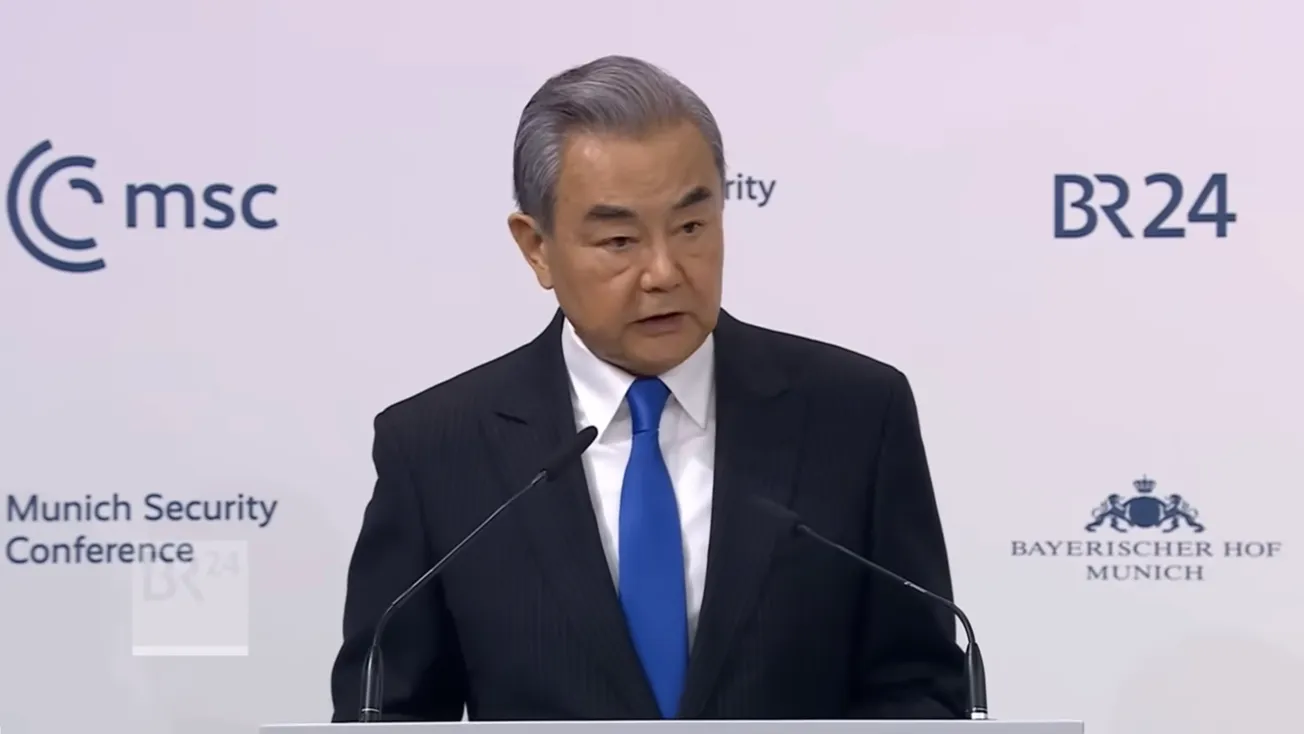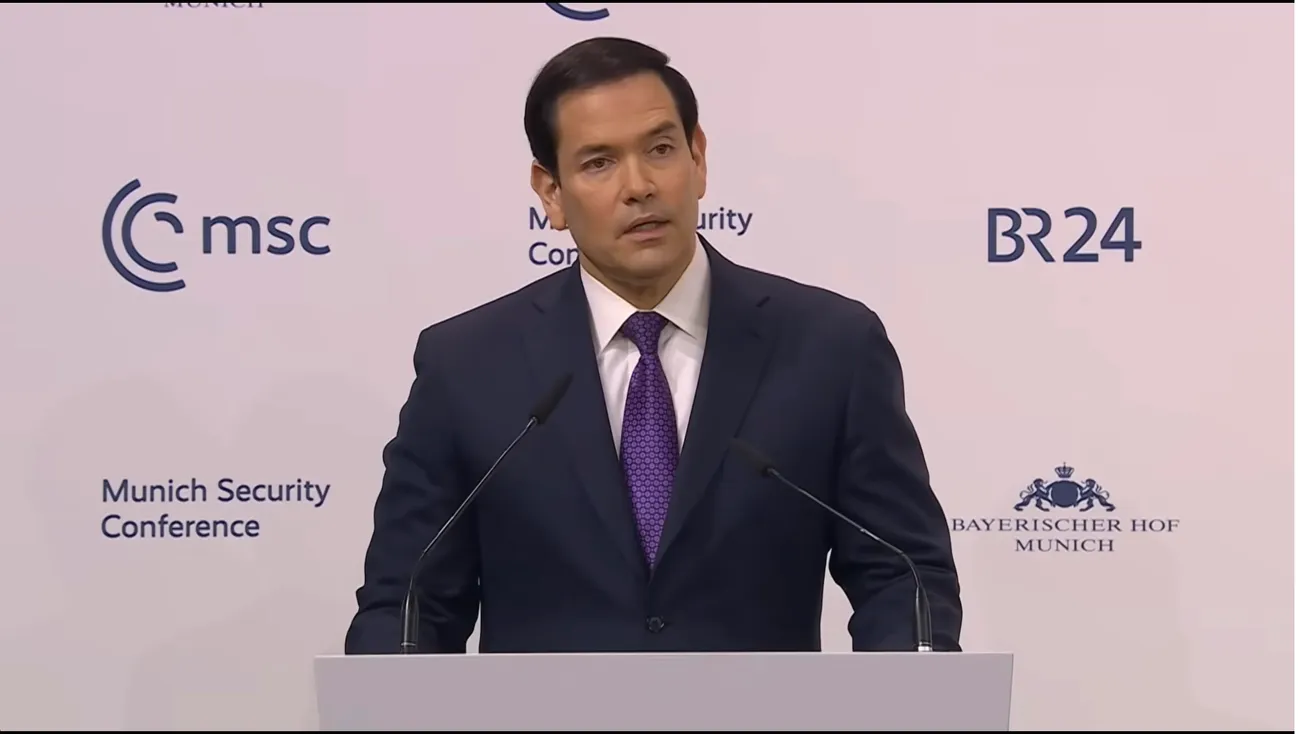Central to the ability of nations to escape the cycle of endemic poverty, is having credit for productive economic investment. This is what has been controlled and largely restricted by the current, Western-dominated IMF and World Bank, which treat developing countries’ economies as accounting problems to be balanced, lending money with strings attached, and often leaving that nation in worse shape and with more debt than before they took the loan.
Speaking August 23 at the BRICS Summit in South Africa, the New Development Bank’s (NDB) President, Dilma Rousseff, likely caused many within the trans-Atlantic financial establishment to panic. Her remarks clearly indicate that a serious bank, intent on the generation of significant amounts of credit for development, is in the works. As such, she also made a powerful distinction between the NDB and the existing lending institutions: “Our financial support is provided without onerous conditions.”
Though the capital base is small and the bank is only planning to lend $18.2 billion during 2023 and 2024, it is playing an important role in the BRICS process, and was spoken of very highly by leaders throughout the summit. It is also of note that the bank, over the recent period, has struggled with liquidity problems, which have held it back from accomplishing more, including “15 months without carrying out any public issuance of dollar-denominated securities,” due to the Western sanctions against Russia and crushing interest rate hikes. The new addition of more capital-rich UAE and Saudi Arabia into the BRICS and NDB at this week’s summit will surely improve their limited capital base.



